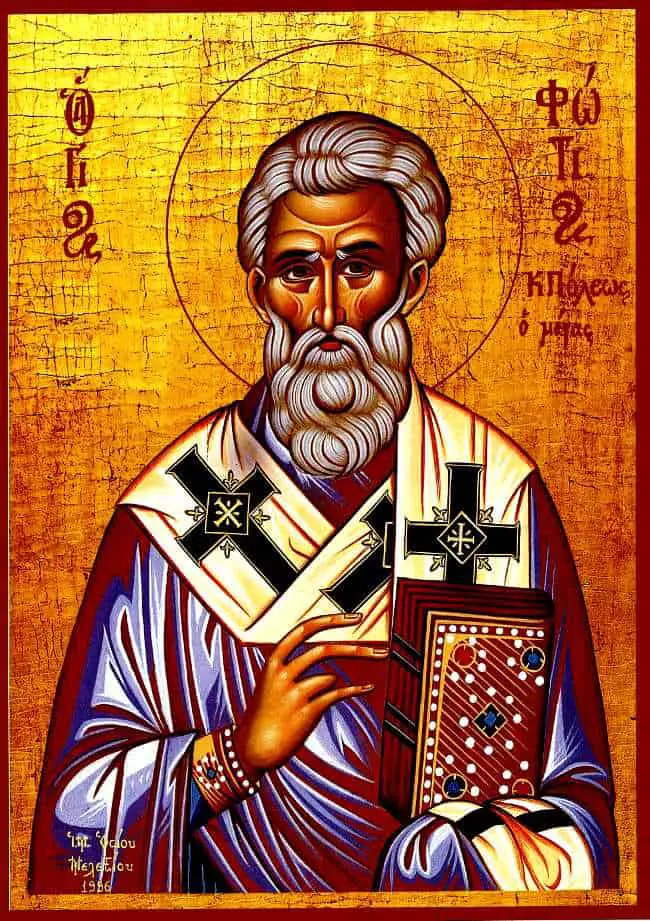St. Photios the Great: . . .the least departure from Tradition can lead to a scorning of every dogma of our Faith. . . .

The first error of the Westerners was to compel the faithful to fast on Saturdays. (I mention this seemingly small point because the least departure from Tradition can lead to a scorning of every dogma of our Faith.) Next, they convinced the faithful to despise the marriage of priests, thereby sowing in their souls the seeds of the Manichean heresy. Likewise, they persuaded them that all who had been chrismated by priests had to be anointed again by bishops. In this way, they hoped to show that Chrismation by priests had no value, thereby ridiculing this divine and supernatural Christian Mystery. From whence comes this law forbidding priests to anoint with Holy Chrism? From what lawgiver, Apostle, Father, or Synod? For, if a priest cannot chrismate the newly-baptised, then surely neither can he baptize. Or, how can a priest consecrate the Body and Blood of Christ our Lord in the Divine Liturgy if, at the same time, he cannot chrismate with Holy Chrism? If this grace then, is taken from the priests, the episcopal rank is diminished, for the bishop stands at the head of the choir of priests. But the impious Westerners did not stop their lawlessness even here.
They attempted by their false opinions and distorted words to ruin the holy and sacred Nicene Symbol of Faith — which by both synodal and universal decisions possesses invincible power — by adding to it that the Holy Spirit proceeds not only from the Father, as the Symbol declares, but from the Son also. Until now, no one has ever heard even a heretic pronounce such a teaching. What Christian can accept the introduction of two sources into the Holy Trinity; that is, that the Father is one source of the Son and the Holy Spirit, and that the Son is another source of the Holy Spirit, thereby transforming the monarchy of the Holy Trinity into a dual divinity?
+ St. Photios the Great, Except from The Encyclical Letter of Saint Photius (867)